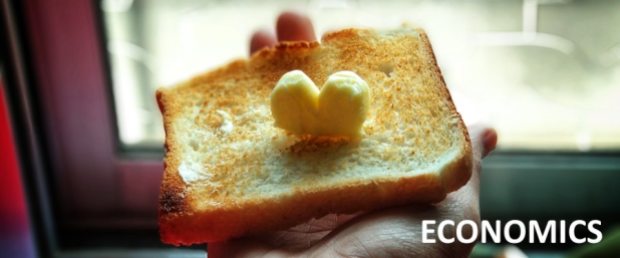
Economics assumes that people respond to incentives. And that requires some degree of rationality. Yet the interesting thing is that rationality is just perhaps one form of value function where we frame certain incentives as the metric that the agent is interested in and values. Revealed preference theory basically assumes rationality to pin down the preferences of people based on the choices they make.
Yet if we adopt the idea that there’s a value function, then rationality doesn’t even have to hold for the notion – that economic agents respond to incentive – to be true. Because if someone is “mad”, then it may just mean that he or she has a certain value function that lacks certain features or patterns which are consistent.
So it could be that their value function are not monotonic when mapped to specific features of a product or experience. This is to say that they may like their noodles to be extremely soggy or extremely hard, but not in-between. So to some extent, their value function is a U-shape when map on the extent of noodle sogginess. This type of ‘inconsistency’ can be seen as lacking rationality when it comes to certain money-based decisions. But mathematically, they can always be described and simply opens up more ways we can analyse these problems.
